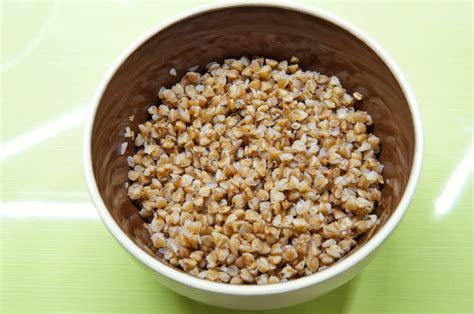How can men naturally optimize testosterone for peak energy & drive?

Understanding Testosterone’s Role in Men’s Health
Testosterone, often hailed as the primary male hormone, plays a pivotal role far beyond just sex drive and muscle mass. It’s a key determinant of a man’s overall vitality, influencing energy levels, mood stability, cognitive function, bone density, and even cardiovascular health. As men age, testosterone levels naturally decline, but modern lifestyle factors can accelerate this process, leading to symptoms like fatigue, reduced libido, weight gain, and diminished drive. The good news is that many natural, sustainable strategies can help optimize your testosterone levels, fostering a renewed sense of energy and purpose.
Fuel Your Body: The Power of Nutrition
What you eat directly impacts your hormone production. A diet rich in whole, unprocessed foods is fundamental for testosterone synthesis. Prioritize healthy fats, which are crucial for hormone production. Sources like avocados, nuts, seeds, olive oil, and fatty fish (salmon, mackerel) provide essential cholesterol and fatty acids. Zinc and Vitamin D are two micronutrients with significant influence on testosterone. Incorporate zinc-rich foods such as oysters, lean red meat, pumpkin seeds, and legumes. For Vitamin D, aim for sun exposure, fatty fish, fortified dairy, or consider a high-quality supplement, especially in regions with limited sunlight.

Equally important is limiting substances that can negatively impact testosterone. Minimize processed foods, refined sugars, and excessive alcohol consumption, all of which can disrupt hormonal balance and contribute to inflammation and weight gain.
Move Your Body: Exercise for Hormonal Health
Regular physical activity, particularly specific types, is a potent natural testosterone booster. Strength training, focusing on compound movements like squats, deadlifts, bench presses, and rows, has been shown to significantly increase testosterone levels. Aim for 3-4 sessions per week, lifting heavy weights with proper form. High-Intensity Interval Training (HIIT) is another effective method; short bursts of intense exercise followed by brief recovery periods can also stimulate testosterone production. While exercise is crucial, avoid chronic, excessive endurance training without adequate recovery, as this can sometimes have the opposite effect by increasing cortisol levels.

Prioritize Sleep: The Foundation of Recovery
Sleep is not merely rest; it’s a critical period for hormone regulation and recovery. Studies show that insufficient sleep can drastically reduce testosterone levels. Aim for 7-9 hours of high-quality, uninterrupted sleep each night. To optimize your sleep environment, create a dark, quiet, and cool bedroom. Establish a consistent sleep schedule, even on weekends, and avoid screens (phones, tablets, computers) at least an hour before bedtime, as the blue light emitted can interfere with melatonin production, the hormone that signals sleep.

Manage Stress: Taming the Cortisol Beast
Chronic stress is a silent assassin for testosterone. When you’re stressed, your body releases cortisol, a hormone that, in high levels, can directly suppress testosterone production. Integrating stress-reducing practices into your daily routine is vital. Consider mindfulness meditation, deep breathing exercises, yoga, spending time in nature, or engaging in hobbies you enjoy. Prioritizing work-life balance and learning to say no can also significantly reduce chronic stress, allowing your hormonal system to function optimally.

Lifestyle Tweaks and Supportive Supplements
Beyond the core pillars, several lifestyle factors contribute to healthy testosterone levels. Maintaining a healthy body weight is crucial, as excess body fat (especially around the abdomen) can convert testosterone into estrogen. Minimize exposure to endocrine-disrupting chemicals found in plastics (BPA, phthalates), pesticides, and certain personal care products. While diet and lifestyle are paramount, certain supplements might offer additional support. Ingredients like Ashwagandha, Fenugreek, and D-Aspartic Acid have shown promise in some studies, but always consult with a healthcare professional before adding any supplements to your regimen to ensure they are appropriate for your individual needs.

Embrace a Holistic Approach for Lasting Results
Optimizing testosterone naturally is not about a quick fix; it’s about adopting a holistic approach to your health. By consistently focusing on proper nutrition, effective exercise, restorative sleep, and diligent stress management, men can significantly improve their testosterone levels. This comprehensive strategy will not only enhance energy and drive but also contribute to overall well-being, leading to a more vibrant and fulfilling life. Remember, small, consistent changes accumulate into significant, lasting results.









